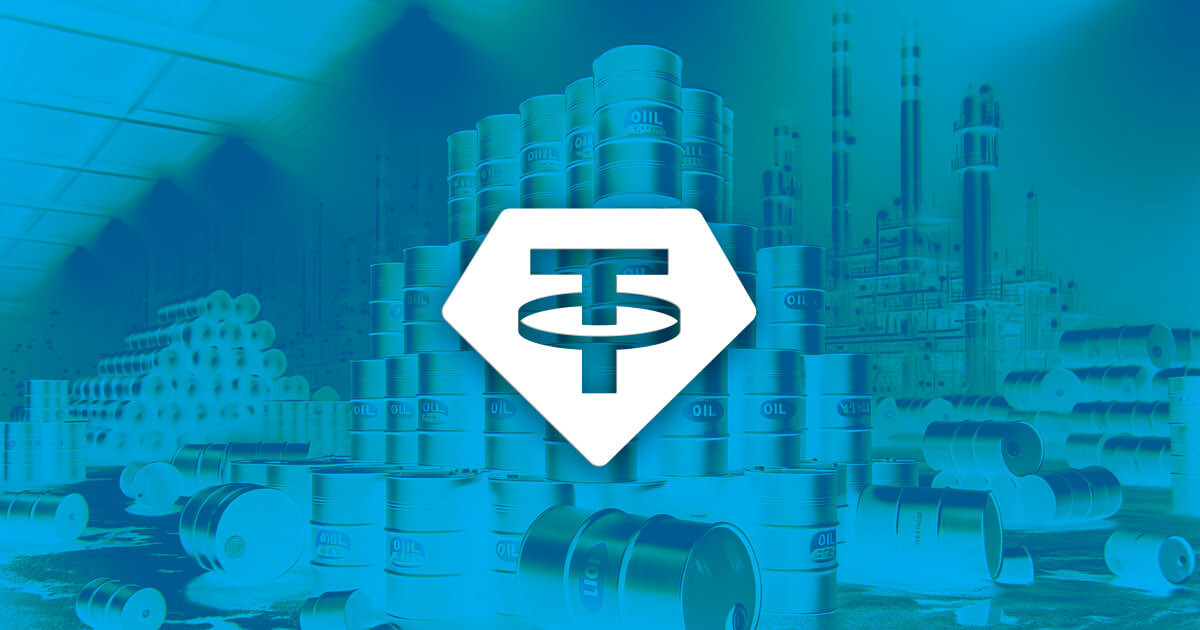
Stablecoin issuer Tether instructed CryptoSlate that the agency would freeze any addresses linked to sanctioned entities.
This determination is available in response to experiences indicating that some state actors have been leveraging Tether’s USDT tokens to avoid US sanctions.
A spokesperson for the agency mentioned:
“Tether respects the Workplace of Overseas Property Management (OFAC) SDN listing and is dedicated to working to make sure sanction addresses are frozen promptly.”
Over the previous yr, the corporate has proactively frozen addresses, holding vital quantities of its digital property concerned in illegal actions. For instance, the agency froze 32 addresses holding $873,118.34 related to illicit actions in Israel and Ukraine final yr.
Tether’s CEO Paolo Ardoino mentioned these actions mirror the agency’s dedication to establishing increased security requirements throughout the rising business.
Tether’s USDT is the most important stablecoin by market capitalization, with roughly $110 billion circulating provide.
Bypassing restrictions
Regardless of Tether’s compliance endeavors, current experiences point out persistent exploitation of the USDT stablecoin by terrorist teams and sanctioned nations to evade restrictions.
As an illustration, Reuters reported that Venezuela’s state-owned oil large, PDVSA, was leveraging the USDT stablecoin for crude oil and gas exports amid renewed US sanctions.
US Treasury Deputy Secretary Adewale Adeyemo not too long ago alerted Congress to Russia’s escalating adoption of different cost avenues, resembling Tether’s USDT stablecoin, to evade financial sanctions.
A United Nations report highlighted the prevalence of cryptocurrency-based cash laundering, primarily by way of Tether or USDT on the TRON blockchain — with unlawful on-line playing platforms as prime facilitators.
These developments prompted US Senator Elizabeth Warren to advocate for strong regulatory measures encompassing anti-money laundering authorities for any proposed stablecoin laws.
Based on the lawmaker, excluding stablecoin issuers, alongside different DeFi intermediaries, from any stablecoin laws’s AML/CFT necessities would permit unhealthy actors to revenue from the rise in crypto buying and selling actions that the legislation would supply.

